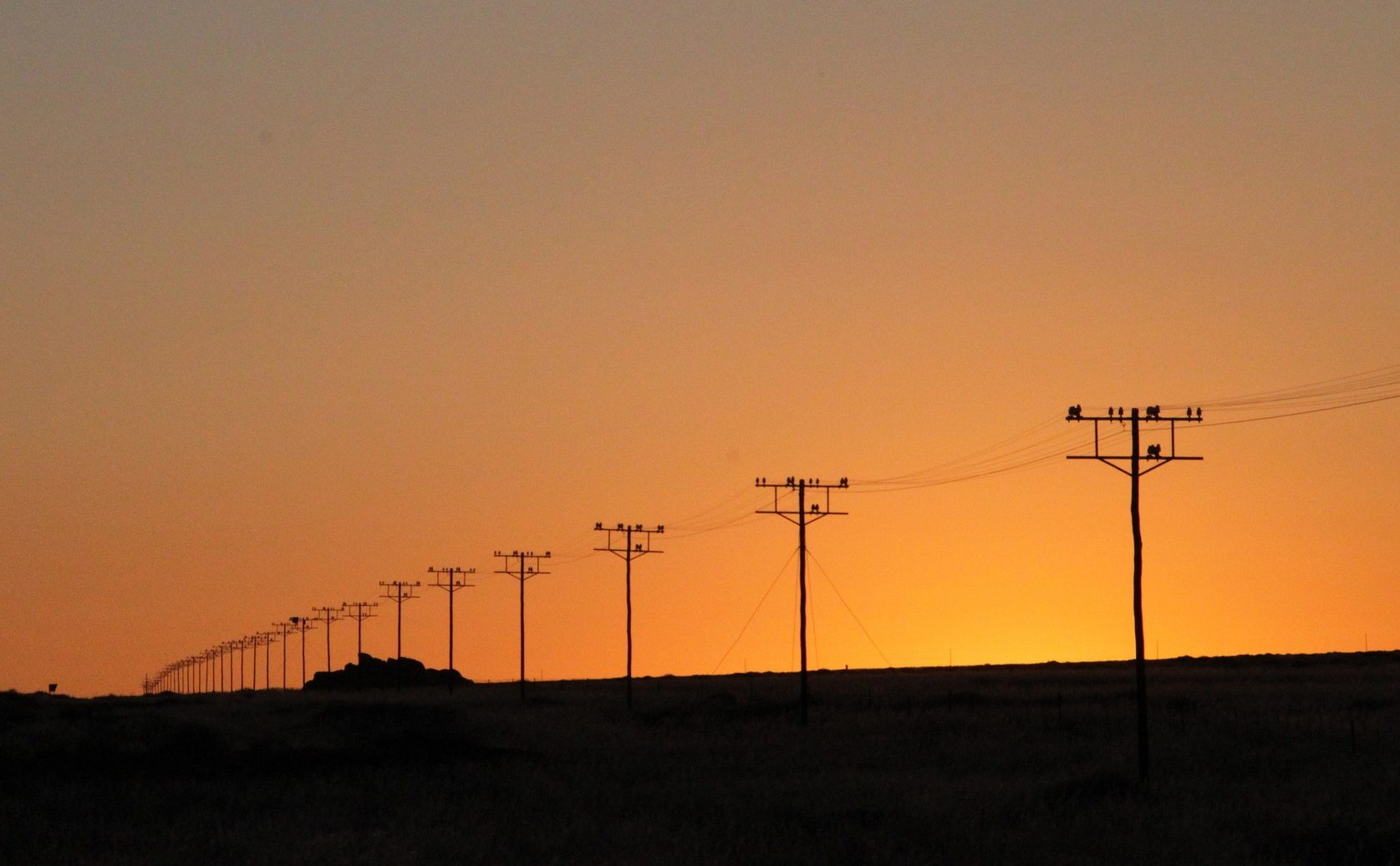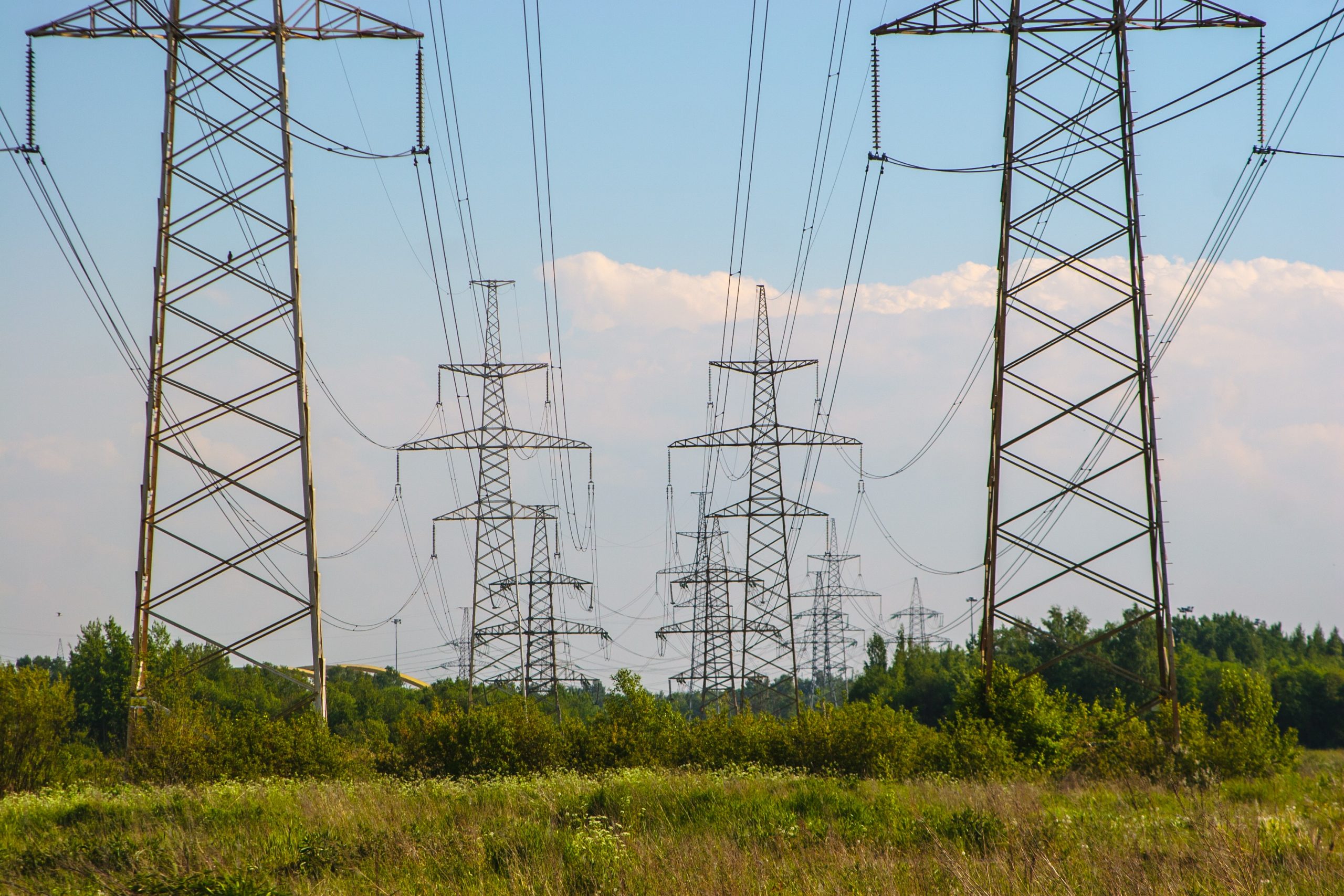
The aim is to ensure that most of the electricity needed to meet future demand is generated by domestic power plants.Continue reading

With the production of existing and planned solar parks and the Paks nuclear power plant, Hungary could export electricity in the near future instead of the current dependence on imports, the Energy Minister said on Tuesday at an energy forum in Kisvárda.
Csaba Lantos explained that Hungary still needs to import electricity, with 25-26 percent of the electricity it consumes imported. However, the Hungarian solar parks have expanded strongly in the past few years, with the latest figures showing that 6,100 megawatts of solar parks have been built, of which 60 percent are industrial and 40 percent are domestic, he noted. He added that in sunny weather, these installations can provide the country’s total electricity consumption, while Hungary has not been able to generate its own electricity before.
In addition to the existing solar parks, a further 5,500 megawatts of industrial-scale installations have been requested, so it is expected that within five to six years there will be 12,000 megawatts of solar parks in the country, exceeding domestic electricity consumption demand.
Once the new Paks units are operational and the lifespan of the current nuclear power plant is extended, Hungary could become a net exporter,
the Minister pointed out.

Photo: MTI/Balázs Attila
At the same time, he noted that electricity is also needed in the evening and during the night, and that the seasonal fluctuations between winter and summer must be managed. Energy storage facilities will play an important role in this, he said. He stressed that strengthening the country’s energy sovereignty is an important goal of Hungarian energy policy.
Minister Lantos also said that Hungary has significantly developed its energy infrastructure since 2010. While in 2010, there were two natural gas entry points in Hungary, today there are high-capacity, generally two-way connections with six of the seven neighboring countries, he noted. He explained that it is particularly important that Hungary has five large natural gas storage facilities with a total capacity of 6.5 billion cubic meters of natural gas. The country’s consumption is 8.5 billion cubic meters, and last year domestic production was also increased, so almost no imports are needed to supply the country.
Via MTI, Featured image: Pexels